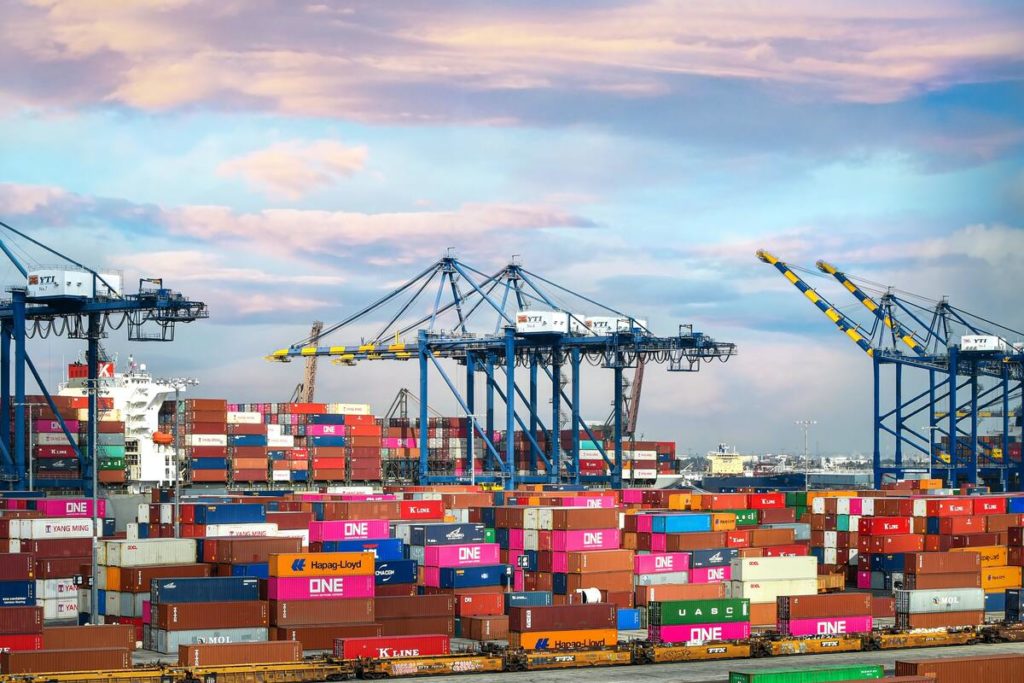The logistics industry is one of the most important businesses that many individuals, especially ones with very little inside knowledge, are aware of. In 2020, we’ve seen the effects of what a crippled logistics industry is like, and nobody wants a repeat of that. However, there are still hurdles and challenges that the logistics industry is facing every day.
One of these challenges is that of inefficiencies and bottlenecks within the supply chain management process. This challenge is compounded when organizations have multiple locations or sites, each with their own manufacturing processes and logistics network which are completely independent of one another—resulting in wasted capacity for products being streamlined and better managed while simultaneously leaving other aspects idle or underutilized. And in this article, we’re going to explore what
Increasing Fuel Costs

The effects of higher fuel prices are most acute on trucking companies and larger companies that may have a greater share of fuel-related expenses in their operating budgets (the ULDs). Gasoline prices increased sharply during the first part of 2021 and remained long enough in those levels to impact the overall volume of shipments or export volumes significantly. This can result in a decline in overall shipping rates, which could then result in carriers having to absorb some of the higher cost for less-efficient routes, such as longer distances between ports and more stops in other countries, thereby further increasing total operating costs.
The Lack of Automation
Automation (or robotic process automation) is still not prevalent in the small business and e-commerce industry (a significant portion of businesses who utilize logistics) and while many feel this will change over time, it’s still considered to be a challenge by some companies especially those that are already very experienced with conventional line operations, quality assurance, production scheduling or even flow optimization processes that require little if any advanced automation technologies – to name just a few activities or ‘tasks’ in an assembly line that can be automated today.
Not Enough Qualified Drivers and Job Retention
The pandemic has forced all kinds of professions to halt their operations- truck drivers and logistics managers included. Especially when it comes to long-haul truck drivers, many of them opted to switch industries, resulting in a drastically reduced number of qualified drivers. Although the number of hiring requests has gone up by approximately 20 percent, the demand for qualified applicants remains strong in many markets, especially at entry-level positions
The combination of a limited pool of talent, fewer drivers available to fill open positions, and competition from other industries that are more able to pay higher wages has made it increasingly difficult for trucking companies to find qualified drivers willing to take on new jobs in the current economic environment. Especially when compared with other industries such as healthcare, technology and pharmaceuticals, and finance which have all reported increased demand for their workers in recent years. The need for qualified drivers is particularly acute among long-haul carriers, who face even tougher labor markets than do regional shippers.
Lack of Technological Implementation
Here’s a sad truth: despite the existence of technology to make logistics easier, many logistics managers and entrepreneurs fail to utilize them in their operations. This has led to an unfortunate reality: most startups end up dead or on life support because they don’t have sufficient resources to manage what happens once they open for business in an increasingly competitive market space — that is, they’re not effectively scaling their supply chain operations to serve their growing customer base of customers (and investors).
Many logistics companies don’t start with this vision in mind; instead, they view their logistics operations as something “outside” themselves, akin to a third-party service provider or vendor who handles only the lower layers of a complex process while the company remains in control of the top layers.
It’s important to understand that technology exists- it’s out there, and logistics managers need to know them and utilize them in their operations. Businesses can use barrel or drum heaters to store items that require high temperatures while shipping or utilize freezer trucks to haul temperature-sensitive materials. There are even advanced robotic arms that can help the shipping process move faster. While these types of technology are very industry-specific, the point is that they exist and it should be every logistics manager’s responsibility to find out what tools their business can use.
Logistics is one of the industries that keep the world going. Businesses must learn how to make the most of their logistical process to ensure smoother operations.




